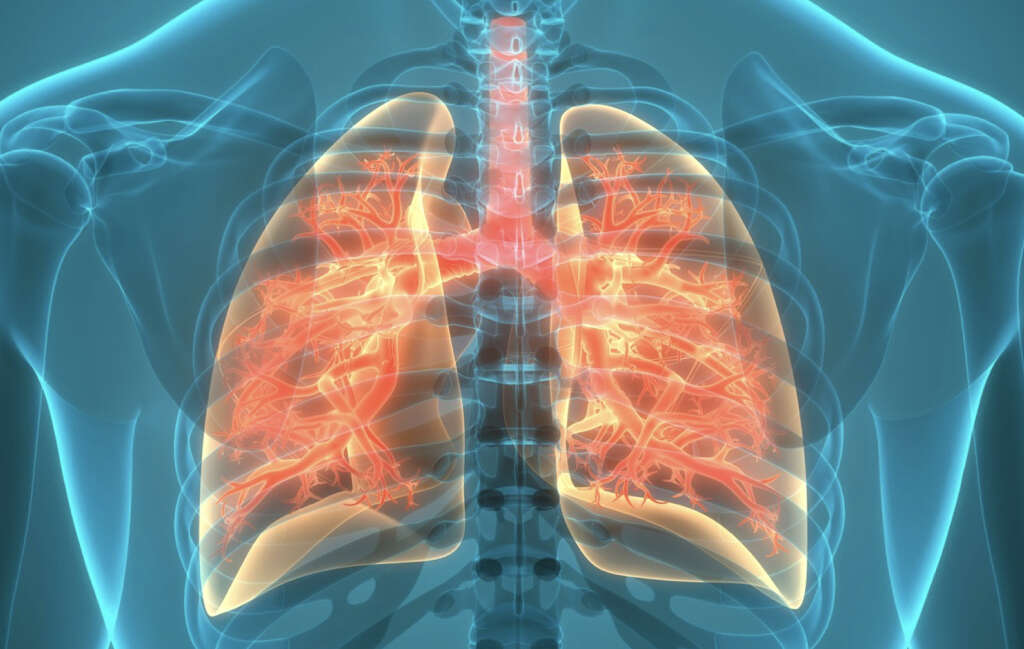What Is Cor Pulmonale?
 Article Sources
Article Sources
- 1. Biswas, Abhishek. Preventing the development of acute cor pulmonale in patients with acute respiratory distress syndrome: the first step. Annals of Translational Medicine vol. 4, 7 (2016). doi: 10.21037/atm.2016.03.18
- 2. Howlett, Jonathan G. Cor Pulmonale. Merck Manuals Professional Edition (2020). https://www.merckmanuals.com/professional/cardiovascular-disorders/heart-failure/cor-pulmonale
- 3. Leong, Derek et al. Cor Pulmonale. MedScape (2019). https://emedicine.medscape.com/article/154062-overview
2. Risk Factors
The presence of underlying lung disease, especially COPD, is the primary risk factor for cor pulmonale. Other contributing pulmonary dysfunctions include loss of lung tissue, blood clots, and alveolar hypoventilation. Blocked or hardened arteries, neurological problems that affect respiration, and kyphoscoliosis also increase the likelihood of developing the condition.2Howlett, Jonathan G. Cor Pulmonale. Merck Manuals Professional Edition (2020). https://www.merckmanuals.com/professional/cardiovascular-disorders/heart-failure/cor-pulmonale
Although epidemiologists are uncertain just how widespread cor pulmonale is, its incidence varies globally based on local prevalence of lung disease due to variables such as smoking and air quality.3Leong, Derek et al. Cor Pulmonale. MedScape (2019). https://emedicine.medscape.com/article/154062-overview Thus, risk factors that increase the incidence of lung disease, including pneumonia, also contribute to cor pulmonale.2Howlett, Jonathan G. Cor Pulmonale. Merck Manuals Professional Edition (2020). https://www.merckmanuals.com/professional/cardiovascular-disorders/heart-failure/cor-pulmonale
Advertisement











